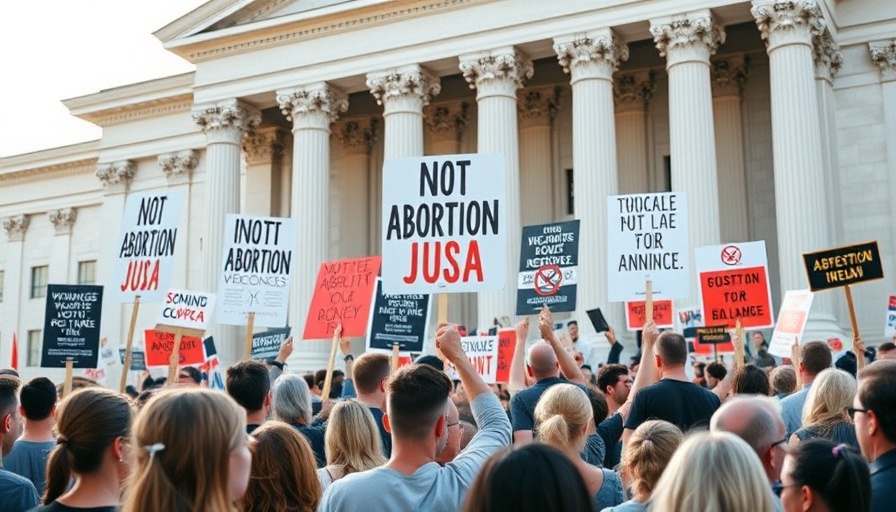
The Push for Fetal Personhood in Florida: Unpacking the Implications
A controversial bill that could redefine legal standing for unborn children was recently reintroduced in the Florida Legislature. The “Civil Liability for the Wrongful Death of an Unborn Child” (SB 1284), proposed by Senator Erin Grall, aims to grant a fetus full personhood status, allowing parents to sue for damages in the event of miscarriage or abortion. While supporters claim this bill would bring parity to existing laws, its implications extend far beyond simple legal formalism.
What Does Fetal Personhood Mean?
The concept of fetal personhood is rooted in the belief that a fetus should be recognized as a legal and moral person, possessing rights from the moment of conception. This legislation is part of a broader national movement advocating for the recognition of rights for unborn children, which could significantly alter the landscape of reproductive rights in Florida and beyond. Some argue that it reflects a growing anti-abortion sentiment, while others express concerns regarding its potential to restrict access to reproductive healthcare.
The Impact on Reproductive Rights
Critics, including groups like Planned Parenthood and the National Organization for Women, warn that the passage of this bill could lead to chilling effects on healthcare providers. They argue that it could dissuade physicians from offering necessary procedures out of fear of legal repercussions. The opposition maintains that recognizing embryos and fetuses as persons could severely limit, if not eliminate, legal access to abortion, challenging the established rights of women over their reproductive choices.
Historical Context: The Legislative Background of the Bill
This isn’t the first time SB 1284 has surfaced. Last year's version failed to pass after concerns arose regarding its implications for abortion and in-vitro fertilization. Despite those setbacks, supporters like Grall remain steadfast, arguing that the bill provides necessary equality in the legal definition of “unborn child.”
Further complicating matters, the recent Alabama Supreme Court ruling involving frozen embryos has instigated similar legislative efforts in Florida, highlighting a potential domino effect across states. Legal experts suggest that national anti-abortion advocates view state-level legislation as a pathway to challenge Roe v. Wade at the federal level by arguing for fetal rights.
Public Sentiment and Political Ramifications
The proposed legislation coincides with shifting political tides in Florida. In last year’s elections, attempts to enshrine abortion rights into the state constitution fell short, receiving only 57% of the vote, shy of the 60% needed to pass. With the current political climate, this has emboldened lawmakers to push legislation that aligns with conservative agendas, despite significant public opposition. In turn, pro-choice advocates argue for more extensive discussions on how this bill could redefine healthcare and individual rights.
Looking Ahead: Future Predictions
The future of the fetal personhood bill remains uncertain. Following the backlash from prior initiatives, some Florida legislators have reassured their constituents that they will proceed with caution. However, with the Republican majority looking to revisit this issue, the presence of this bill signals a persistent challenge to reproductive rights. Legal analysts suggest that if more states adopt such measures, it may set a precedent for national legal battles regarding fetal rights and abortion access.
Conclusion: Navigating Controversial Waters
As Florida lawmakers reconsider the fetal personhood legislation, public dialogue is essential. Engaging with the implications of such laws not only affects parents and healthcare providers but underscores broader issues of personal autonomy and moral rights. Advocates on both sides must prepare for extensive discussions, as the stakes have never been higher in the realm of reproductive rights.
Call to Action: Join community discussions about the implications of fetal personhood and keep informed about this developing legislation. Your voice matters in shaping the future of reproductive rights in Florida and beyond.
 Add Row
Add Row  Add
Add 




Write A Comment